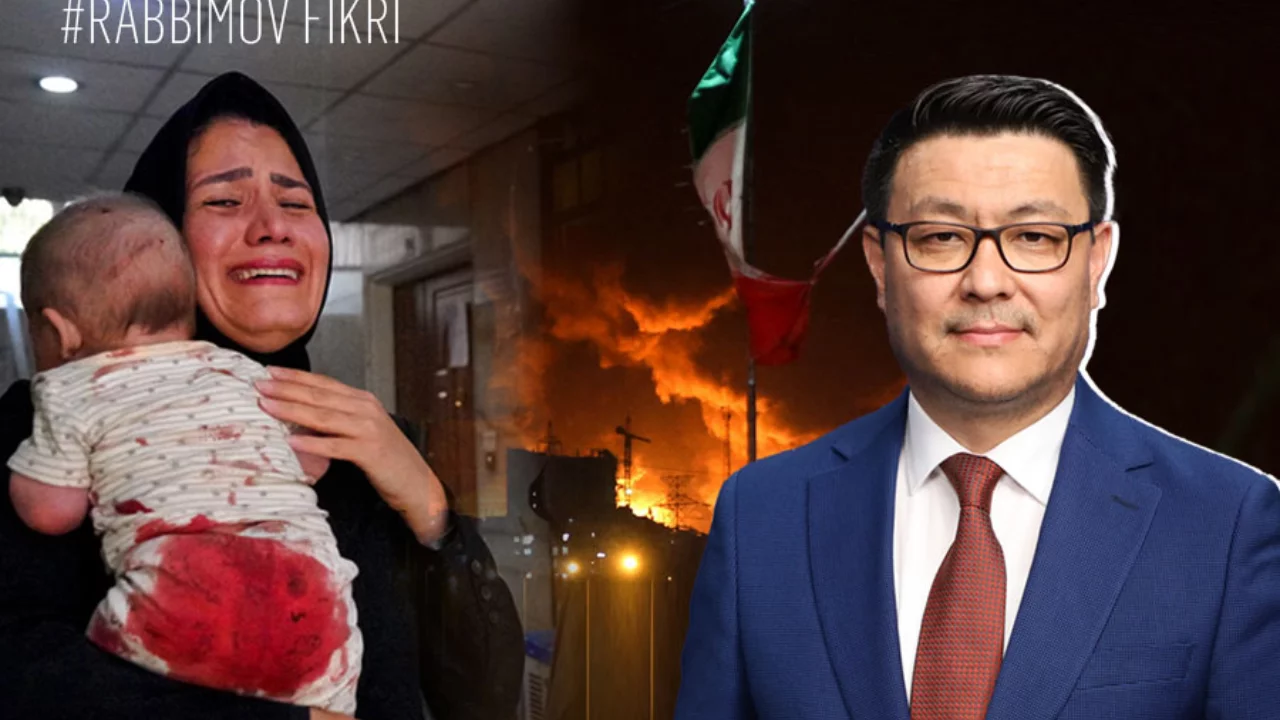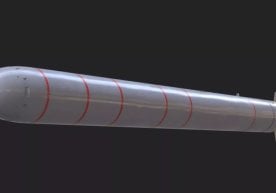
Israel’s aggression against Iran is yet another slap in the face of international law. The destruction of international law is absolutely contrary to the interests of Central Asia. Beyond the legal perspective, there are also geopolitical, historical, ethnic, and religious factors shaping our region’s attitude toward the Israel–Iran war.
Today, the main topic in the focus of world public opinion is the Israel–Iran war. This conflict has already risen to the level of war. Israel unexpectedly attacked Iranian territory, killing not only ordinary people but also government officials and military personnel. In response, Iran launched powerful rocket attacks against Israel. As a result, it became clear that Israel’s much-praised “Iron Dome” defense system is not ideal. Iranian rockets broke through this system and caused great losses.
So, what are the geopolitical and strategic parameters of the Israel–Iran war from the point of view of the interests of Uzbekistan and Central Asia? Although the countries of the region try to remain neutral diplomatically, from the perspective of strategic national interests, who are they morally closer to, or whose victory would be preferable?
The Russia–Ukraine War. For over three years now, Russia has invaded Ukraine, and a debilitating war is still ongoing. In this war, Iran is completely on Russia’s side, supplying drones to official Moscow. Against this background, a question arises: what is Iran’s purpose?
Here, two major motives can be observed. Most countries in the world consider the Russia–Ukraine war a “proxy war between the West and Russia.” Ukraine is also evaluated as “the proxy of the West.” However, the new independent states that emerged from the former USSR, including Uzbekistan and other Central Asian countries, see this war from a different perspective. From a close viewpoint, Russia is fighting to restore its imperial project. If Ukraine loses this war, Russia will not calm down; on the contrary, its imperial appetite will grow, and pressure on Central Asia will only increase.
So what is Iran’s motive in supporting Moscow in the Russia–Ukraine war? Could it be that Iran is dissatisfied with the political and geopolitical independence of Central Asian states, interested in subordinating them to Moscow? No, Iran’s motive is to support Russia, push NATO back, and not allow the US and the collective West to win... However, Iran’s flaw is that Ukraine’s defeat will also have negative consequences for the Central Asian states. In fact, Iran has no objection to the independence of Uzbekistan, Tajikistan, and other independent states.
Turkic world cooperation and Iran. It is well known that the 20th century was a century of tragedies for the Turkic peoples. Except for Turkey, all Turkic states and peoples lost their independence and political subjectivity. By the end of the 20th century, the USSR had collapsed, and five Turkic states became independent. Today, strategic cooperation, solidarity, and unity are developing among six Turkic states. Iran is regarded as one of the states not very pleased with this Turkic cooperation. The reason is that one-third of Iran’s population, about 30 million people, consists of Turkic Azerbaijanis. Therefore, some political circles in Iran may consider Turkic cooperation as a hidden or open threat.
In reality, Turks and Persians have historically mixed very closely and lived in harmony. Azerbaijanis are the second largest nation in Iran. In Uzbekistan, Tajiks; in Tajikistan, Uzbeks also form a significant part of the population. Since politics is the art of achieving goals, there is no real basis for Iran to be concerned about Turkic cooperation. On the contrary, through reliable cooperation with Turkey, the Caucasus, and Central Asia, Iran’s position can be further strengthened. Iran is neither an enemy nor an opponent of the Turkic world. The Turkic world is also not a threat or problem for Iran.
The Iran–Israel War. Today, Iran is one of the most influential states in the Muslim world. After the Islamic Revolution of 1979, official Tehran did not remain indifferent to the problems of the Muslim world and tried to respond to the cries of the ummah as much as possible. If official Tehran is defeated in the Israel–Iran war, it will be a major loss not only for the remaining Muslim states of the region but for the entire Muslim world. Because Israel will not stop there. Israel’s main goal is to subordinate the main centers of the Muslim world to itself, weaken, divide, or drag into civil wars all Muslim states that can stand up to it.
Israel’s main project is to create a “Greater Israel.” For this, with the support of the US and Western countries, Israel is seeking to annex the lands of neighboring states. Israel has entered a new, aggressive phase in realizing this plan. Therefore, Iran’s defeat will be a major problem for Turkey, Pakistan, Saudi Arabia, and other large Muslim states. Because Israel will continue trying to eliminate all strong Muslim states. Thus, Iran’s defeat will further weaken the Muslim world.
Historical ties between the peoples of Uzbekistan and Iran. In the past millennium, the peoples of Uzbekistan and Iran have lived separately for only two centuries. In the past, the peoples of Uzbekistan and Iran were always part of a single cultural space and often lived together within the same political system. For example, Iran was part of Amir Temur’s empire. Mirzo Ulugbek was born on Iranian territory. Sometimes, we too were part of statehood in Iran. The peoples of Iran and Uzbekistan are the closest to each other in mentality and culture.
Iran is not attacking Israel. On the contrary, Israel constantly commits aggression against its neighbors. For more than a year and a half, Israel has been carrying out unprecedented genocide in Gaza. The problem is not in Iran, but in Israel. Israel’s goal is not to live peacefully on its lands, but to occupy neighboring territories, expanding its borders through genocide. Iran is not the first country Israel has attacked, but the seventh. So, the problem is not in Iran, but in Israel. Israel’s problems with its neighbors will begin to be solved only when it starts living within the framework of international law.
Kamoliddin Rabbimov,
political scientist
Read “Zamin” on Telegram! political scientist
Ctrl
Enter
Found a mistake?
Select the phrase and press Ctrl+Enter Related news














